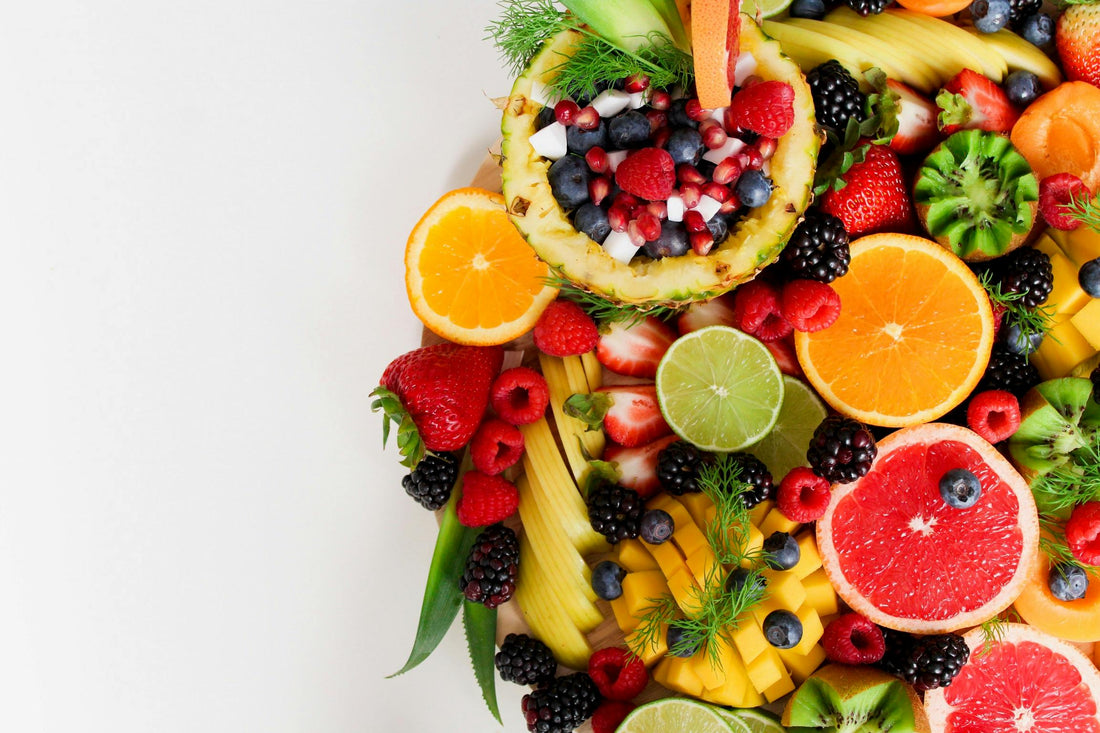Summer Garden Pasta
This vibrant pasta dish celebrates the bounty of a summer garden, combining fresh vegetables with aromatic herbs for a light yet satisfying meal.
Ingredients:
- 12 oz whole grain paste
- 2 cups cherry tomatoes, halved
- 1 medium zucchini, diced
- 1 yellow bell pepper, thinly sliced
- 1/4 cup fresh basil leaves, torn
- 2 cloves garlic, minced
- 1/4 cup extra virgin olive oil
- 2 tbsp fresh lemon juice
- Salt and freshly ground black pepper to taste
- 1/4 cup grated Parmesan cheese (optional)
Instructions:
1. Cook paste according to package instructions. Reserve 1/2 cup of paste water before draining.
2. While the pasta cooks, prepare the vegetables.
3. In a large skillet, heat 2 tbsp olive oil over medium heat. Add garlic and cook until fragrant, about 30 seconds.
4. Add zucchini and bell pepper to the skillet. Cook for 3-4 minutes until slightly tender.
5. Add cherry tomatoes and cook for an additional 2 minutes, just until they begin to soften.
6. In a small bowl, whisk together remaining olive oil, lemon juice, salt, and pepper.
7. Toss the cooked pasta with the vegetable mixture, olive oil dressing, and torn basil leaves. If needed, add some reserved pasta water to loosen the sauce.
8. Serve immediately, topped with grated Parmesan if desired.
This recipe showcases the simplicity of cooking with fresh ingredients. The natural flavors of the vegetables shine through, complemented by the bright notes of lemon and basil. It's a perfect example of how a few quality ingredients can come together to create a delicious, nutritious meal.
Tips for Meal Planning with Fresh Ingredients
Incorporating fresh ingredients into your meal planning can seem challenging, but with a few strategies, it becomes second nature. Here are some tips to help you make the most of fresh produce in your weekly meal prep:
1. Start with a flexible plan: Rather than rigidly planning every meal, create a loose outline that allows for adaptation based on what's fresh and available.
2. Shop seasonally: Base your meal plans around what's in season. This ensures you're getting the freshest, most flavorful produce at the best prices.
3. Visit farmers markets: Local markets offer the freshest produce and the opportunity to discover new ingredients. Talk to vendors about how to prepare unfamiliar items.
4. Prep ingredients in advance: Wash, chop, and store vegetables properly at the beginning of the week to make weeknight cooking quicker and easier.
5. Use sturdy produce early in the week: Plan to use more delicate items like leafy greens early, saving hardier vegetables for later in the week.
6. Embrace batch cooking: Prepare larger quantities of base ingredients like grains or roasted vegetables that can be used in multiple meals throughout the week.
7. Have a backup plan: Keep some frozen vegetables on hand for when fresh options run low. While not as ideal as fresh, they're still nutritious.
8. Practice proper storage: Learn how to store different fruits and vegetables to maximize their freshness and longevity.
9. Get creative with leftovers: Transform leftover roasted vegetables into a frittata or blend them into a soup.
10. Don't overcommit: It's better to buy less and use everything than to overbuy and waste food.
By incorporating these strategies into your routine, you'll find it easier to consistently cook with fresh, seasonal ingredients. This approach not only ensures delicious meals but also reduces food waste and can even save money in the long run.
## Conclusion
Embracing fresh ingredients in your cooking is a journey that rewards you with better health, more vibrant flavors, and a deeper connection to the food you eat. By understanding how to select, prepare, and store fresh produce, you open up a world of culinary possibilities.
Remember, cooking with fresh ingredients doesn't have to be complicated. Often, the simplest preparations allow the natural flavors to shine through. Start small by incorporating one or two fresh elements into your meals, and gradually build your repertoire.
As you become more comfortable with fresh ingredients, you'll likely find yourself experimenting more in the kitchen, trying new recipes, and even creating your own. This process of discovery is one of the joys of cooking with fresh foods.
Ultimately, the shift towards using more fresh ingredients in your cooking is a gift to yourself and those you cook for. It's an investment in your health, a boost to your culinary skills, and a step towards more sustainable eating habits.
So next time you're in the kitchen, reach for those crisp vegetables, juicy fruits, and fragrant herbs. Let the natural flavors inspire you, and enjoy the delicious results of cooking with the freshest ingredients nature has to offer.
-
Pick up in store
-
99.7% on-time deliveries

